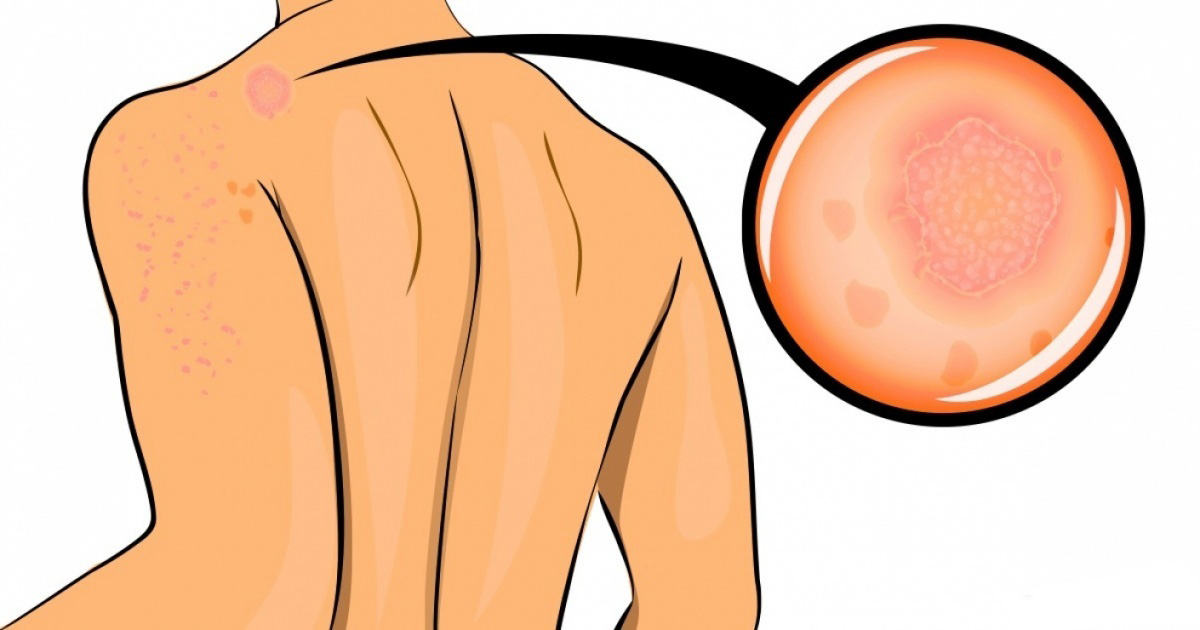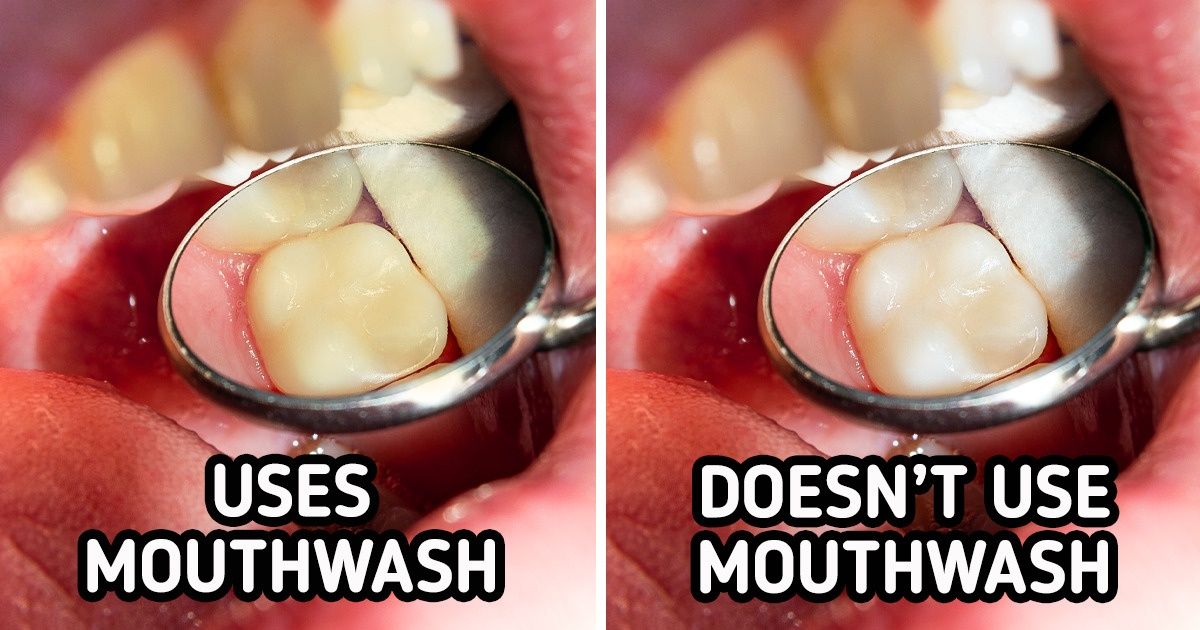Your liver is one of your truest and hardworking friends. Think of it as an ultra-effective toxin remover and master of the other 500 functions listed in medical books.
Now that you know how much your liver does for you, you don’t want to be an ungrateful friend, do you?
We have put together a list of tips to help you see when your liver is asking for help. To the rescue!
Signs Of Unhealthy Liver
6. Liver Area Pain

Feeling achy in the upper right area of your abdomen is a sign that your liver may be in trouble. It is usually a dull ache. However, sometimes it becomes quite intense.
Remember that the liver’s job is to detoxify and help the body filter waste, in addition to helping the body digest food into nutritional products.
When the liver is affected by the disease, it cannot function efficiently, it swells painfully, and the body sends signs of toxicity.
5. Leg And Ankle Swelling

When you ignore the problem, your weak liver tries to repair itself at the expense of scar tissue formation. The more scar tissue there is, the more difficult the liver will function, which will eventually lead to portal hypertension.
The latter causes fluid to accumulate in the legs (edema). The good news is that the swelling is painless. It can affect both legs, calves, or thighs.
However, the effect of gravity makes the swelling more visible in the lower body.
4. Gain Weight
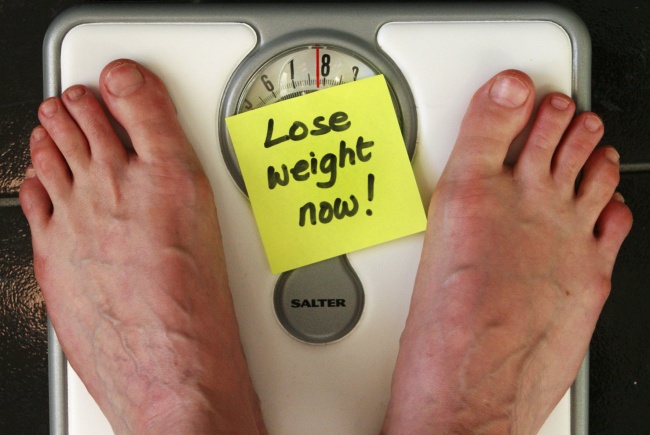
Every year, more and more people start a healthy diet and exercise, but still struggle with weight problems. If you experience weight gain that does not appear to be the result of hormonal excess or malfunction, you might want to discuss improper liver function with your doctor.
What happens is that the liver cannot handle all the toxins that enter (alcohol, artificial sweeteners, a high-fat diet, certain medications, etc.). The only thing the liver can create is to store unfiltered toxins in fat cells. This mess won’t let you lose weight unless it helps your body flush your liver with overwork.
3. Allergies
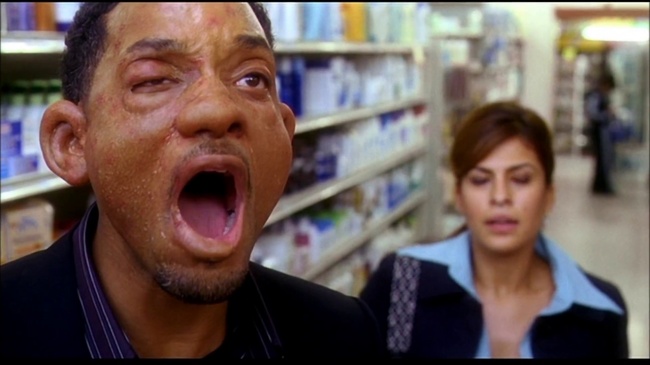
Allergies are often the result of an overloaded and sluggish liver. When there are many substances entering the bloodstream, the brain recognizes them as allergens and releases antibodies and chemicals (histamines, etc.), which cause itchy rashes.
The healthy liver, in turn, perfectly cleanses the blood of all harmful molecules and eliminates the effect that a potential allergen has on the body.
2. Yellow Skin And Yellow Eyes
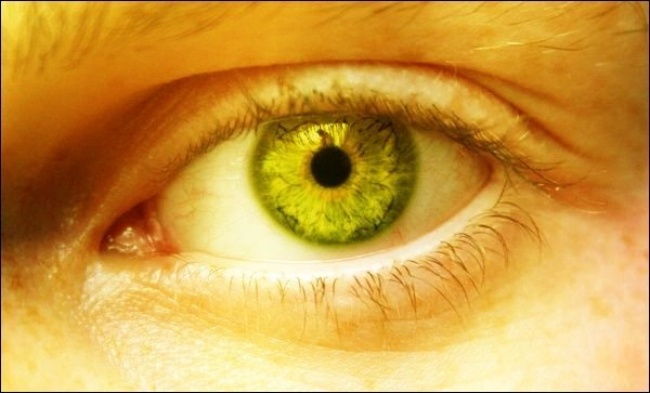
When a person’s eyes or skin turns yellow, science calls it jaundice. Jaundice itself is not a disease, but a symptom of possible malfunctionings.
Jaundice usually occurs when a diseased liver causes the system to accumulate too much bilirubin, a yellow pigment that is formed by the breakdown of dead red blood cells in the liver.
Guess what happens when the liver can’t get rid of bilirubin along with old red blood cells? This right. You turn yellow.
1. Chronic Fatigue

Chronic fatigue syndrome resembles a prolonged flu-like illness. By definition, you must experience symptoms for at least 6 months before you can be diagnosed with chronic fatigue.
The reason behind this is liver poisoning. The liver, to a large extent, contributes to the body’s energy supply. It transforms glucose into glycogen and stores it for later use.
A healthy liver sheds glucose between meals or whenever nutrition and energy are needed. However, the diseased liver can barely produce glucose and has very little space to store it.
On the Creative Side, you don’t have to despair if you notice the slightest signs of liver failure. First, the liver can heal itself. Just take a break from a destructive lifestyle.
Yes, that easy. Cleaning the liver is a matter of healthy habits. Scientists also say that there are several natural products to increase liver performance.
Therefore, from now on, you should try your best to become friends with green tea, saffron or lemon water, and organic fruits and vegetables.
What do you do to maintain a healthy lifestyle and keep your liver happy? You do something? Share with us in the comments!
Preview photo credit depositphotos
